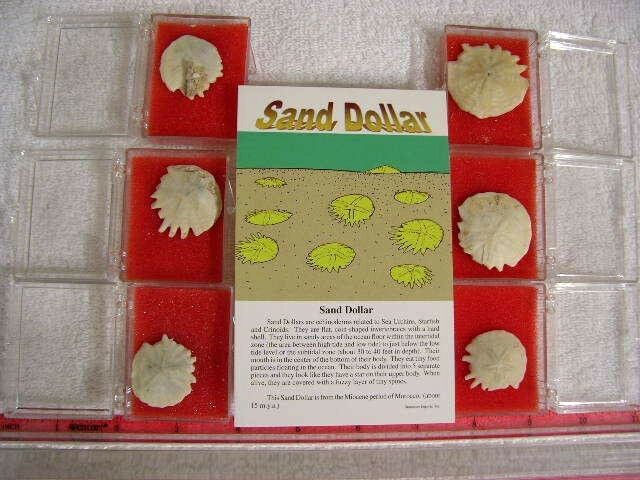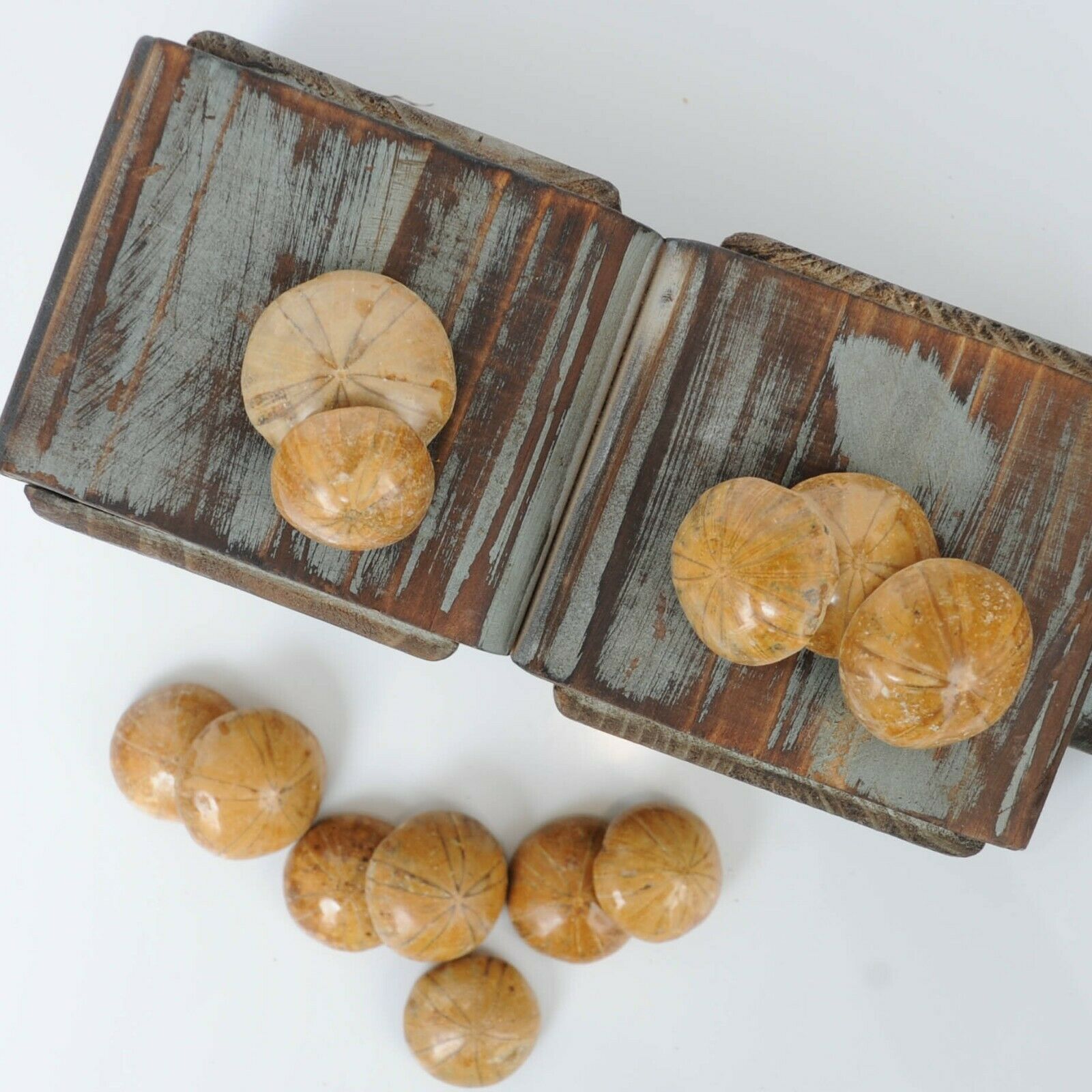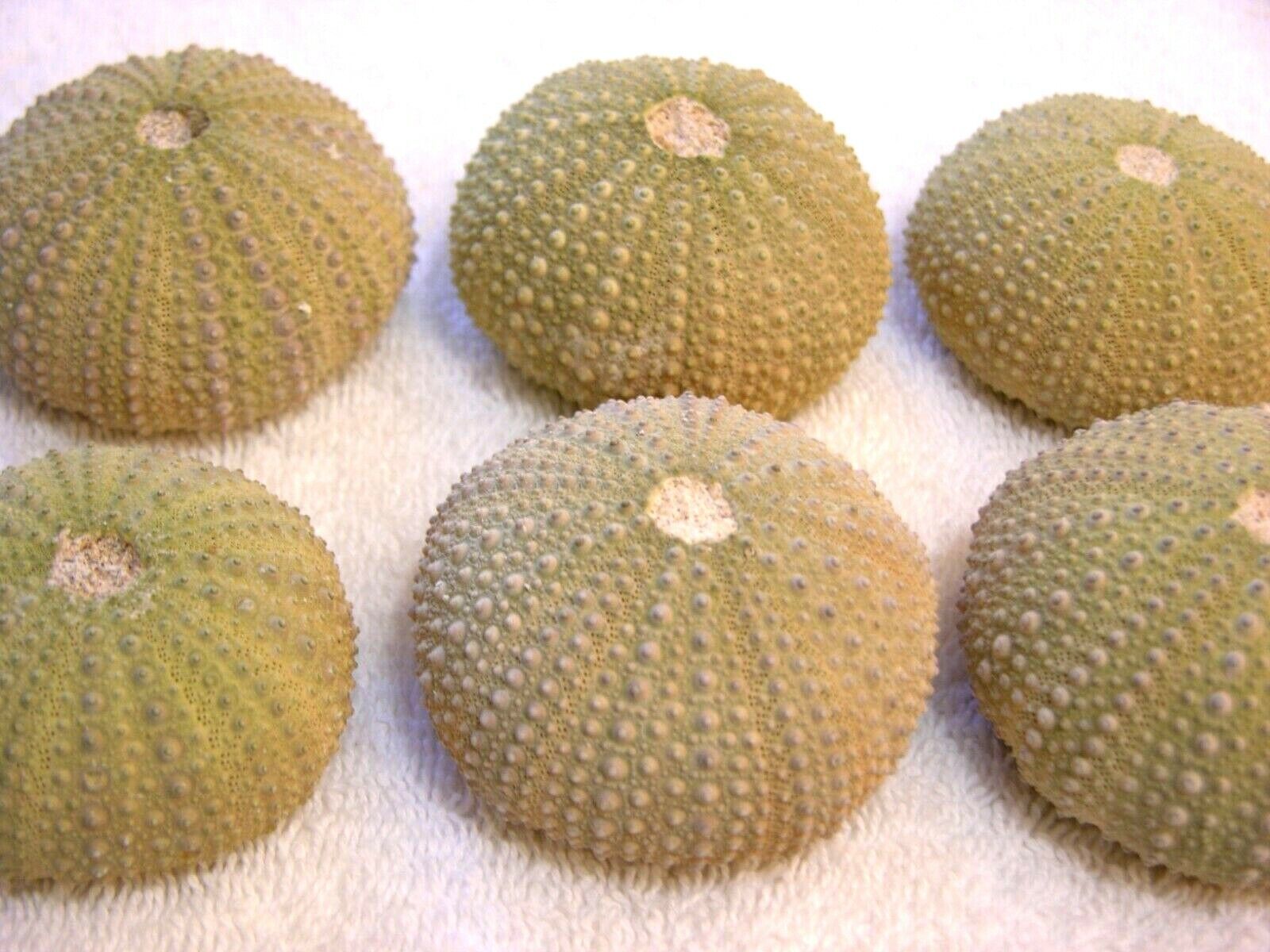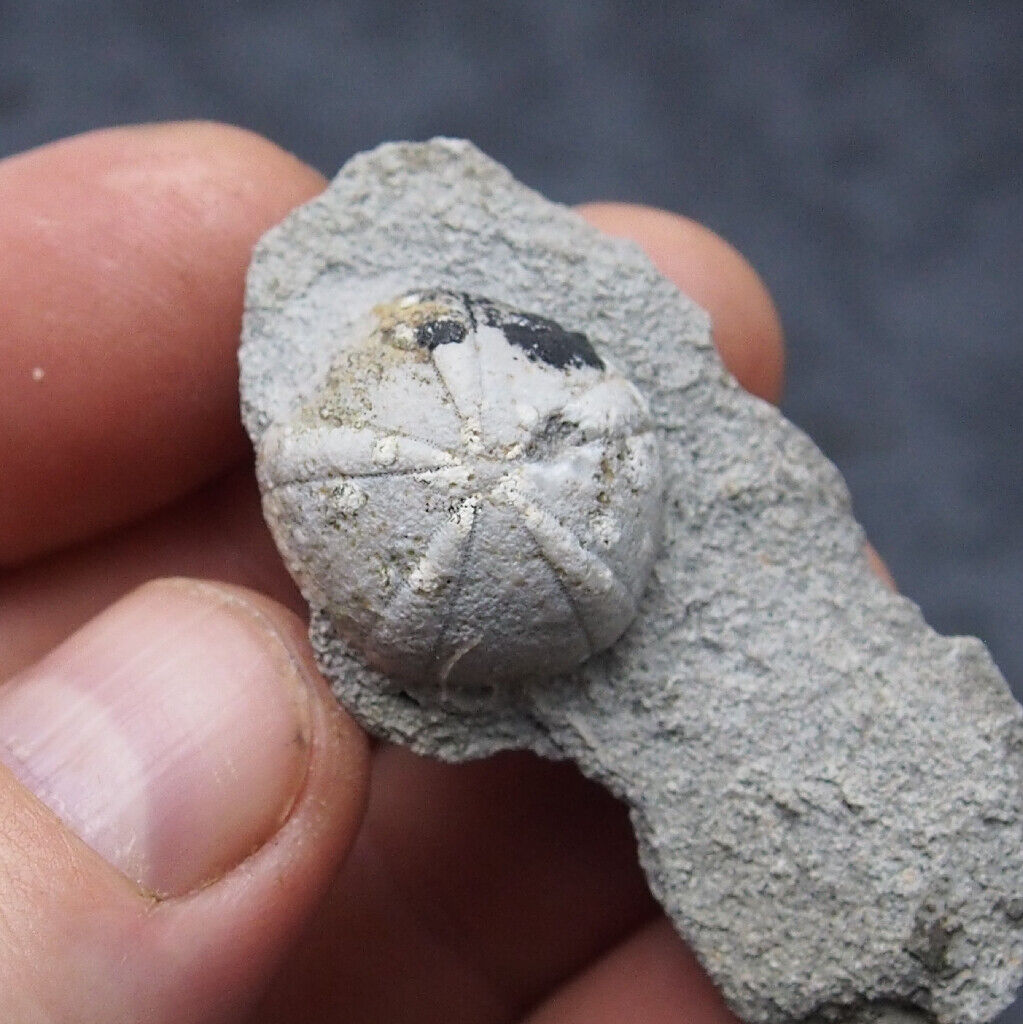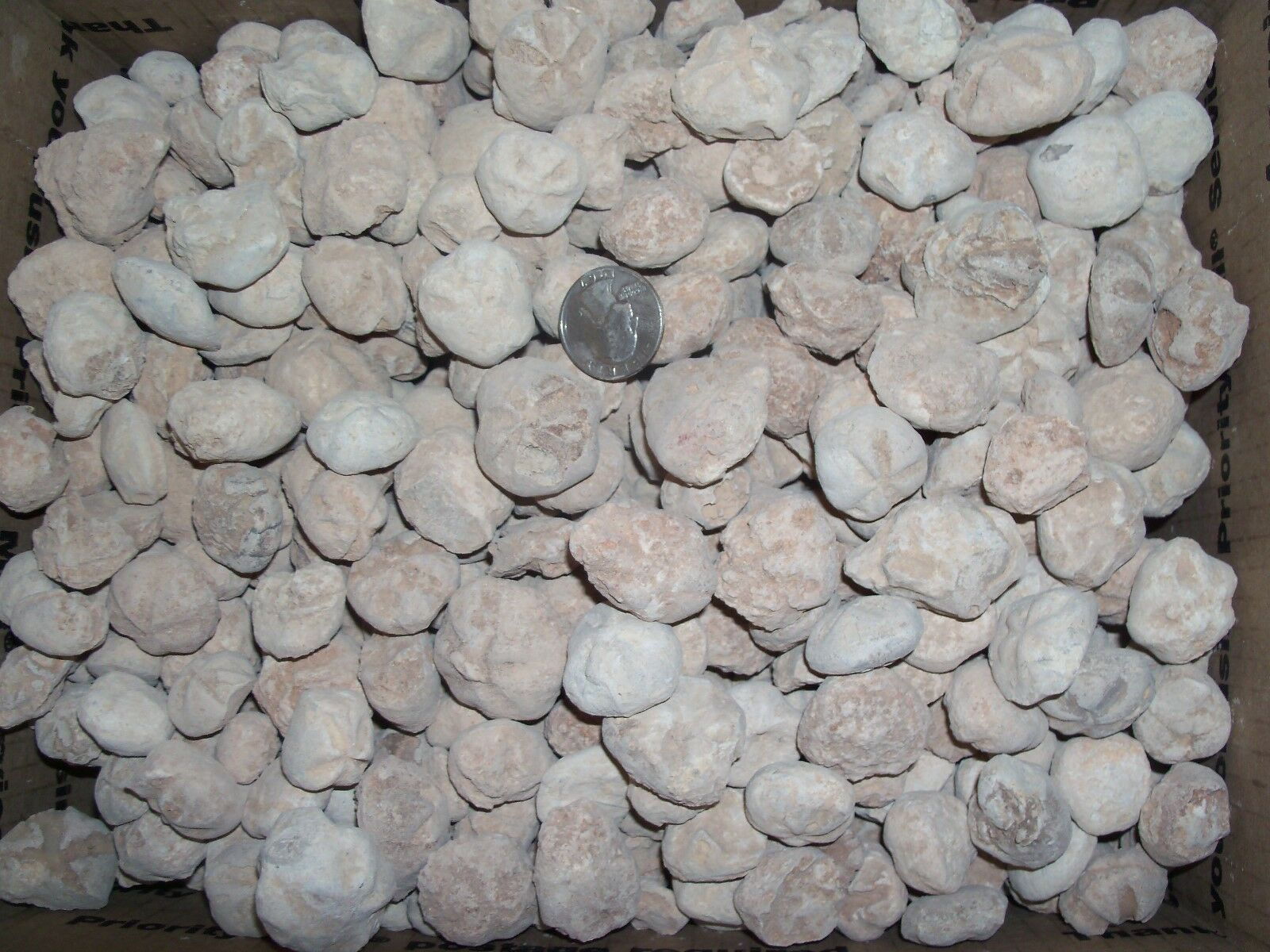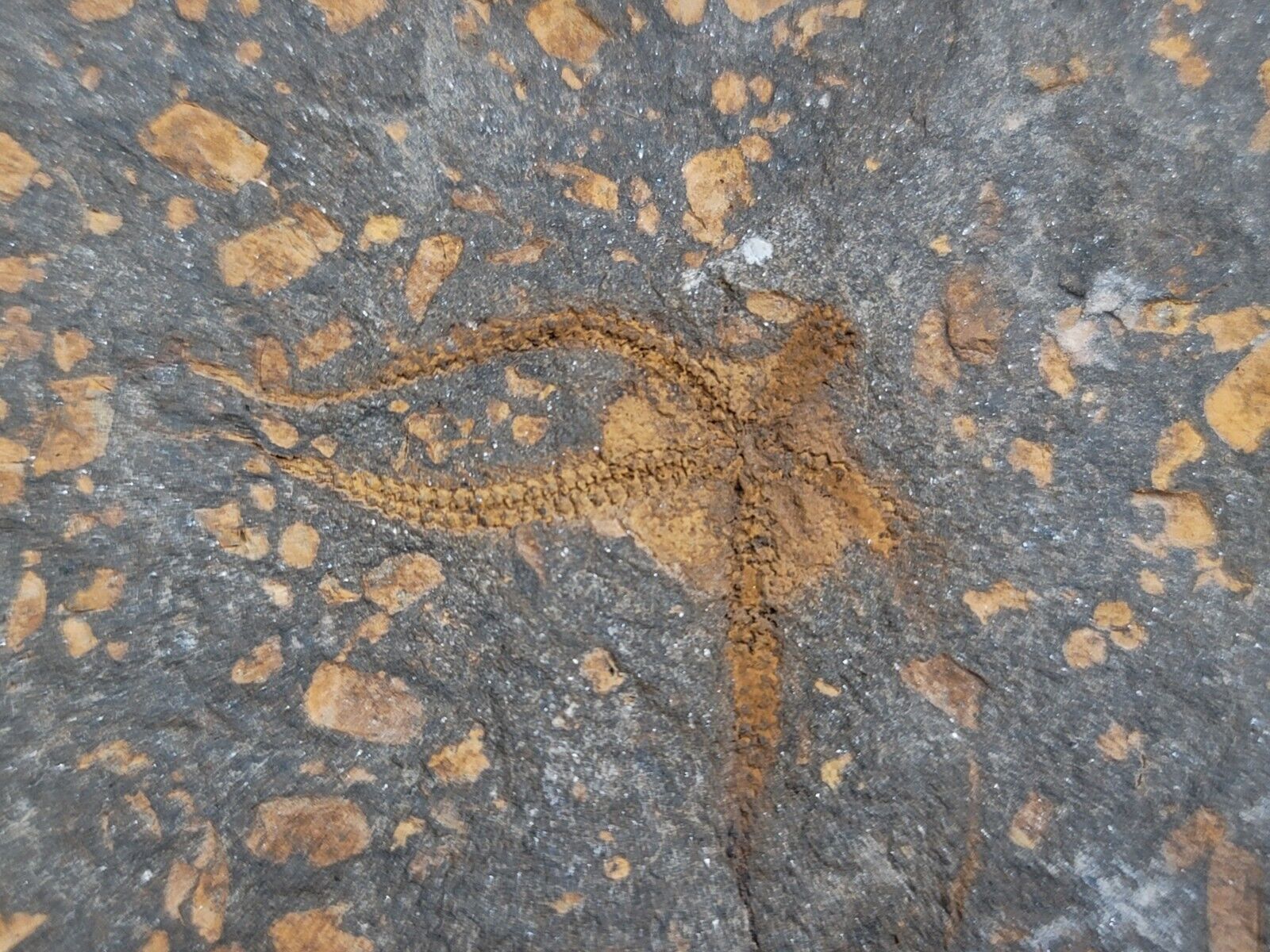-40%
Sand dollar fossil echinoderm Miocene 2 per winner in display box w/info sheet
$ 5.8
- Description
- Size Guide
Description
<img src="https://ti2.auctiva.com/web/aswCredit.gif" border="0"><br><a href="https://pages.ebay.com/seller-center/listing/listing-advanced-sellers/third-party-listing-tools.html#m22_tb_a2__13" target="_blank"><img src="https://ti2.auctiva.com/images/sc1line0.gif" border="0"></a>Specimens of the
Sand dollar with e
ach winner receiveing 2 display boxes containing 1 sand dollar each,sized approximately 1 to 1 1/2 inch wide by 1/8 to 3/8 inch deep,scooped from boxes as pictured.
Sand dollars,rotulidae
family
native to the Atlantic coast of Africa
, being extinct since the pliocene and
found in the fossil record along the Atlantic African coast since the Miocene
.Generally
rotulid have a circular to oval-shaped test or body shell and indentations starting along the posterior edge,
indentations may remain restricted to the posterior edge, or they may reach to the anterior edges of the test. Depending on the individual, the indentations may be very shallow, or very deep, forming very long "fingers," or digits. While rotulids are very distinctive in appearance, they are also highly morphic, with a tremendous diversity seen in individual specimens. That the digits are very fragile, and prone to breaking off and regenerating only adds to individual variations.
In the genus
Rotula
, the test has up to eleven indentations along the posterior edge, forming up to twelve digits.
Each winner will receive 2 display boxes containing 1 sand dollar,sized approximately 1 to 1 1/2 inch wide by 1/8 to 3/8 inch deep,scooped from boxes as pictured.
Shipping in the US mainland will be FREE by USPS first class.
